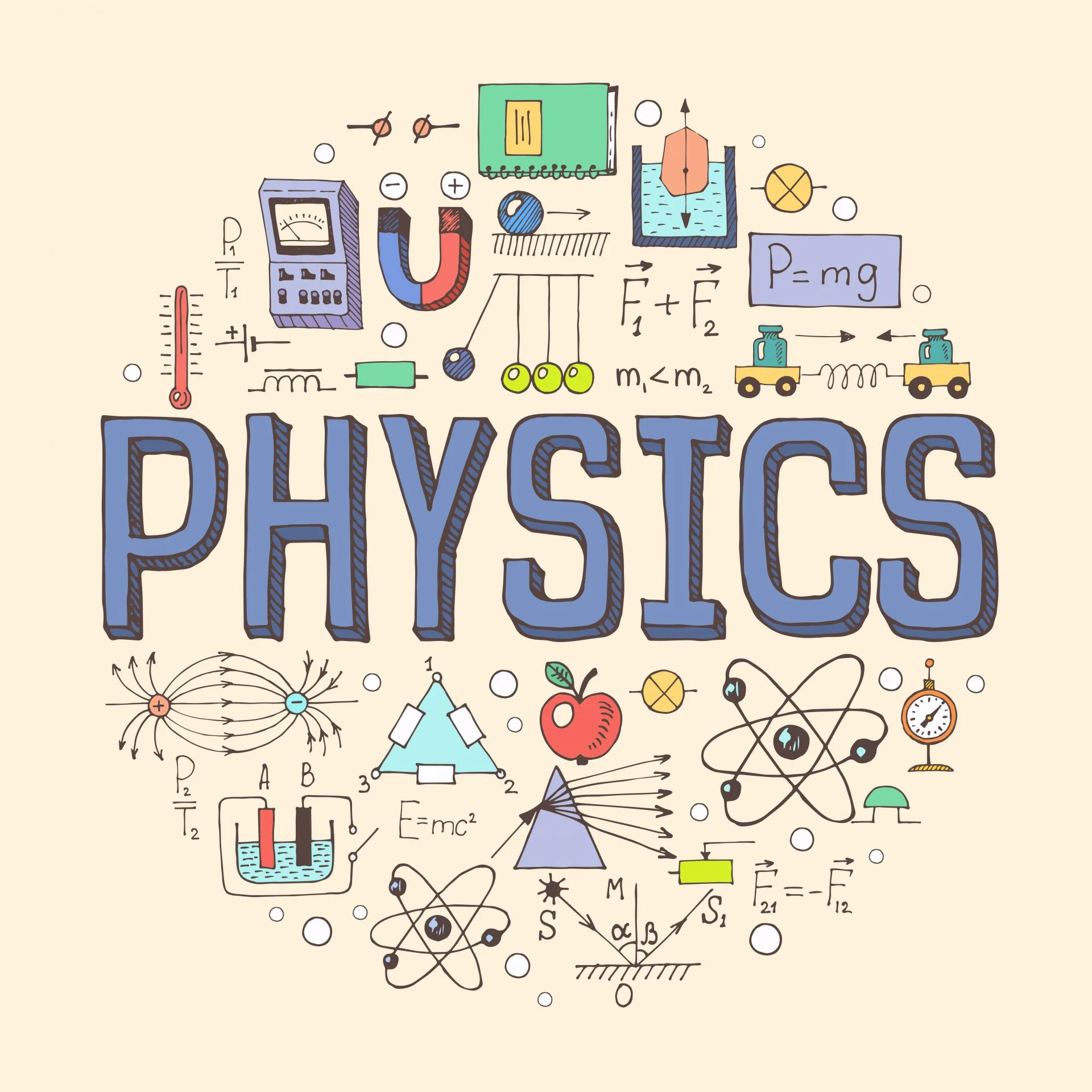![]()
Boost Your GCSE Physics Grade: Real Results 📈
🎉 Welcome to the exciting world of Physics! Whether you’re a student, parent, tutor, or teacher, this article is for you. Discover how tutoring can unleash your full potential in GCSE Physics and set the stage for academic success 📚🏆
🎓 **For Students**
Tutoring can be a game-changer, especially in subjects like Physics that require a solid foundation. With personalised learning, you’ll focus on areas where you need extra help, ensuring you grasp complex concepts more easily.
💡 **Insight:** “I struggled with Physics until I started tutoring. It helped me understand tricky topics and boosted my confidence,” says Sam, a GCSE student who improved from a C to an A*.
💡 **Actionable Advice:** Create a study schedule that suits your learning style. Break down complex topics into bite-sized chunks, and practice, practice, practice!
👨🏫 **For Parents**
Give your child the competitive edge with tutoring. It’s not just about grades; it’s about equipping them with the skills they need for future success. Tutoring can also boost their confidence and motivation.
💡 **Insight:** “I wish I had tutoring when I was a student. It would have made a huge difference,” admits one parent who saw their child’s grades soar.
💡 **Actionable Advice:** Support your child’s learning journey by providing a quiet study space, encouraging regular practice, and being there for moral support.
🎓 **For Tutors**
Tutoring is a rewarding way to help students excel in Physics. With the right approach, you can make a significant impact on a student’s academic journey.
💡 **Insight:** “I love seeing the ‘light bulb’ moment when a student finally understands a difficult concept,” says a dedicated tutor.
💡 **Actionable Advice:** Use real-world examples, active learning, and a positive, encouraging attitude to make lessons engaging and effective.
🏫 **For Teachers**
Tutoring can complement classroom learning, providing extra support to students who need it. It’s a great way to reinforce concepts and boost student motivation.
💡 **Insight:** “Tutoring helps students who struggle in class to catch up and thrive,” says a teacher who has seen the benefits firsthand.
💡 **Actionable Advice:** Collaborate with tutors to share resources and strategies. This will ensure a cohesive learning experience for students.
FAQs ❓
- 🎓 How often should my child have tutoring sessions?
A: Once or twice a week is often sufficient, depending on the student’s needs and pace.
- 👨🏫 What qualifications should a tutor have?
A: Look for tutors with a strong background in Physics, teaching experience, and a track record of success.
- 💻 Is online tutoring effective?
A: Yes, online tutoring can be highly effective, offering flexibility and convenience.
- 📚 What resources are best for GCSE Physics tutoring?
A: Use resources that align with the GCSE syllabus, such as textbooks, practice exams, and online resources.
- 🤝 How can I support my child’s tutor?
A: Regular communication, providing feedback, and fostering a positive learning environment at home are key.




